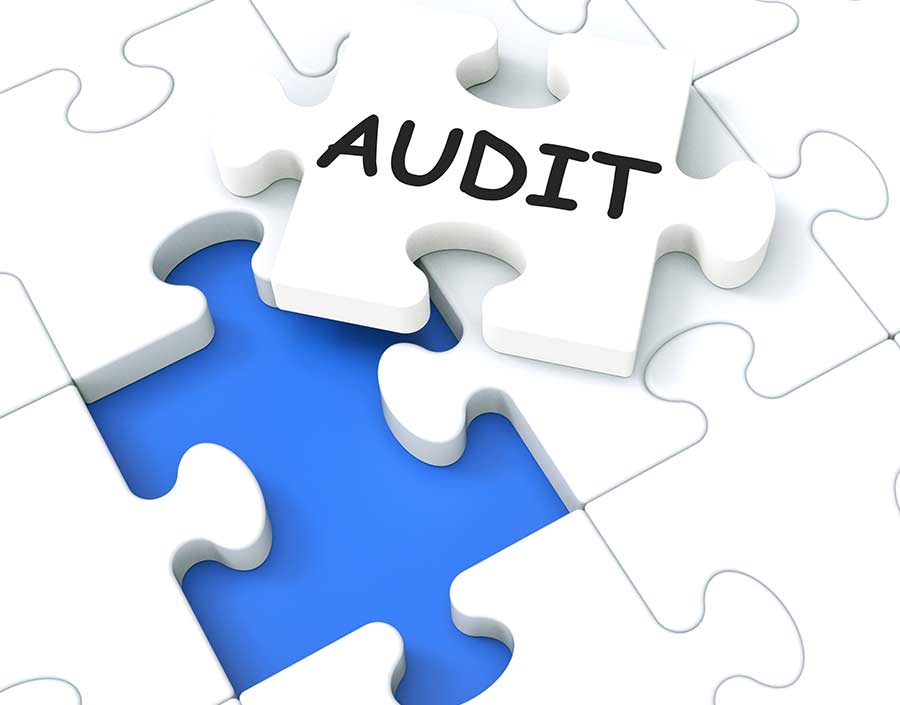Tax audits are becoming a more common occurrence these days as IRS computer systems are getting more powerful and efficient at detecting problems with tax returns. The IRS has a complex system that matches what taxpayers report on their tax return with what others claim to have paid those individuals (information returns processing system or IRP). Their computers also detect things that seem out of the ordinary by doing complicated statistical analysis on the numbers reported to determine if it is likely correct. This process can take several months to several years for the IRS to decide to audit.
Many times individuals realize that they may have fudged some numbers on their tax return and are worried about the chance of an IRS audit, and have a good reason to be. The standard time limit for the IRS to audit a tax return is three years. The clock on the three years starts running on April 15th of the year that the tax return was filed and was due. The time limit never stops if a tax return was not filed. There are several exceptions to this rule though. Sometimes this time period can be extended to 6 years and in certain circumstances there is no time limit for the IRS to audit a return. Below are these exceptions:
- Income was understated by 25% or more: If this is the case, the IRS can audit the return up to 6 years after the due date if they find that income was significantly under reported.
- The tax return was fraudulent: If the IRS determines that the tax return was file fraudulently then there is no time limit to them being able to audit the return. Filing a fraudulent tax return means that you filed the return in order to deceive the IRS. Many times there is a fine line between it being fraud and negligent. The IRS must prove fraud if they don’t believe it was filed negligently.
Most likely, if you are going to receive an audit notice it will be between 1 year to 1 and a half years after the tax return was filed. The IRS wants all audits to be completed within a two year period after the return has been filed. The IRS requires that they get done early because of the possibility of individuals filing appeals and documents getting lost etc. The IRS wants to make sure all audit cases are done before the three year period is up. If it takes longer than three years the person that is being audited will no longer be liable if there was wrong doing on their part.
If you have been selected for an audit and you know that you have done something wrong then it is a good idea to get seek professional help with the audit to ensure the IRS does not dig deeper than they have to. Tax code is complex and there is always the possibility that your error can be offset by some other deduction that you may have missed. Tax audits can be stressful and time consuming which is why it can be a good idea to have professional help.



I would just say one thing, don’t freak out when you get that notice, talk to a tax professional.
Yes but it can be always scary to get a notice.